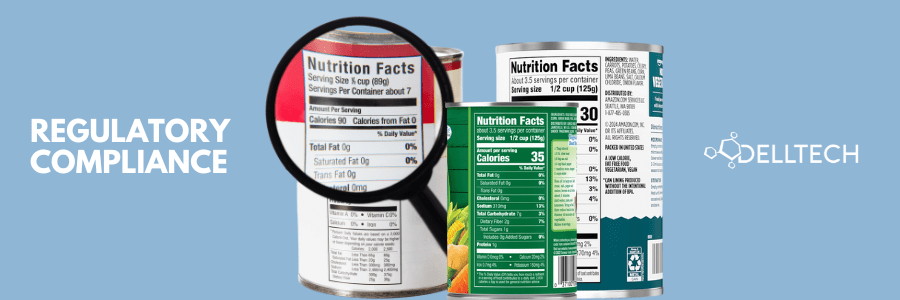By: Jacqui Jenskey, Director of Regulatory Affairs
Cosmetic Facility Inspections on the Rise
Lately, we have seen a significant increase in the number of facility inspections of cosmetics companies by Environment and Climate Change Canada (ECCC). The purpose of these inspections is to review ingredients in your cosmetics and confirm that ingredients are either:
- on the Domestic Substances List (DSL); or
- have been notified to ECCC when there are specific Significant New Activities (SNAcs).
For example, an ingredient may be acceptable in Canada for use as a surface modifier in industrial settings, but requires a SNAc for any other uses. If a SNAc is not completed and approved by ECCC, a Canadian Environmental Compliance Order (EPCO) will be issued and the products must be removed from the Canadian market. The presence of these products on the Canadian marketplace is not be permitted until a SNAc has been approved.
A SNAc can have several requirements for approval and each SNAc is different. 435 ingredients currently have SNAc on them, of which 46 are currently listed in the INCI database of Cosmetic ingredients.
For assistance reviewing your products and ingredients and for completion of SNAcs, let Dell Tech help. We will help you navigate this complicated regulatory process so your products comply with all Health Canada and Environment Canada requirements.
For More Information, Contact Client Services:
Kim Samela
Dell Tech has provided professional, confidential consulting services to the specialty chemical
industry in Canada, the USA, Europe, and Asia for the last 40 years.
Contact us today for more information.




